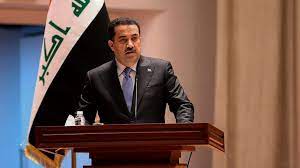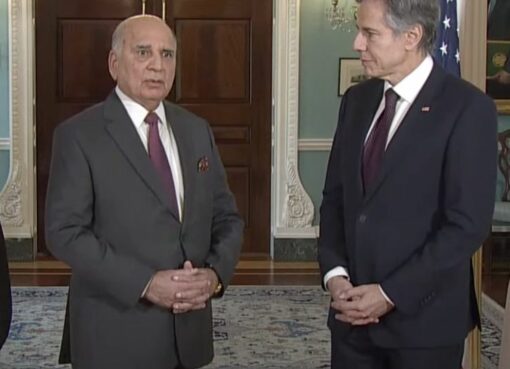The government of Iraq’s Kurdistan region has unveiled spending cuts in a tentative step toward tackling an economic crisis that officials say poses a greater threat than Islamic State.
The Kurdistan Regional Government (KRG), which is three months in arrears and deeply in debt, has been struggling since early 2014 when the Baghdad government slashed its funding, halting a boom fueled by Iraq’s growing oil revenues.
Then Islamic State overran a third of Iraq, scaring off foreign investors and driving more than one million refugees into Kurdistan.
Unveiled earlier this week, the spending cuts will include cutting allowances of ministers and other officials by as much as 50 percent, and eliminating perks such as paying the rent and electricity bills of senior civil servants.
But two Kurdish lawmakers, Farsat Sofi and Goran Azad, who presented a report on the economy to the cabinet earlier this month, said the reforms, which are due to come into force at the start of next year, needed to go much further.
“Those decisions should have been made sooner and they concern reducing expenses rather than real economic and administrative reform,” said lawmaker Goran Azad. “The government has only two options: either to reform or cease to function.”
Both Sofi and Azad said the amount saved through the measures would be negligible compared to the scale of the problem, and expected more changes to be introduced in the coming weeks.
The lawmakers said the KRG has now racked up roughly $18 billion in debt and is unable to meet a bloated public payroll costing 870 billion dinar ($793 million) per month, including the salaries of its armed forces, the peshmerga.
The peshmerga have emerged as a key component of the U.S.-led coalition’s strategy to “degrade and destroy” Islamic State, driving the insurgents back in northern Iraq with the help of airstrikes.
Speaking of the multiple challenges facing Kurdistan, Deputy Prime Minister Qubad Talabani said earlier this month: “But of all of these crises, the one that poses the most significant threat to the long-term future of Kurdistan … is the economic crisis.”
The autonomous region ran a budget deficit of nearly 8 trillion dinars in 2014, Talabani said, predicting a smaller but still considerable shortfall of 2–3 trillion dinars this year.
Dependent on oil revenue, Kurdistan has increased independent exports to more than 600,000 barrels per day in an effort to cover the gap, but the price of crude has fallen below $40 per barrel, on top of which the KRG sells at a discount.
Talabani also said the first priority was to “restructure” the region’s salary and pensions scheme, which currently consumes 70 percent of Kurdistan’s entire budget. The second and third priorities are to reduce subsidies for petroleum products and electricity sector, he said.
Lawmaker Sofi said the KRG should also root out thousands of “ghost employees” — people who are on the public payroll but do not go to work.
The new measures will be a major test for the KRG as true reform will have to take on corruption, Azad said.
“It won’t be easy because reform harms the interests of a group of people in positions of power and influence, so they will create obstacles,” Azad said. “If they don’t reform, it will harm their own interests and those of the nation.”
Source: Reuters, 23 December 2015
(Reporting by Isabel Coles; Editing by Raissa Kasolowsky)
http://www.reuters.com/article/us-iraq-kurds-economy-idUSKBN0U61IL20151223
Iraq’s Kurdistan region takes small step toward economic reform








Comment here